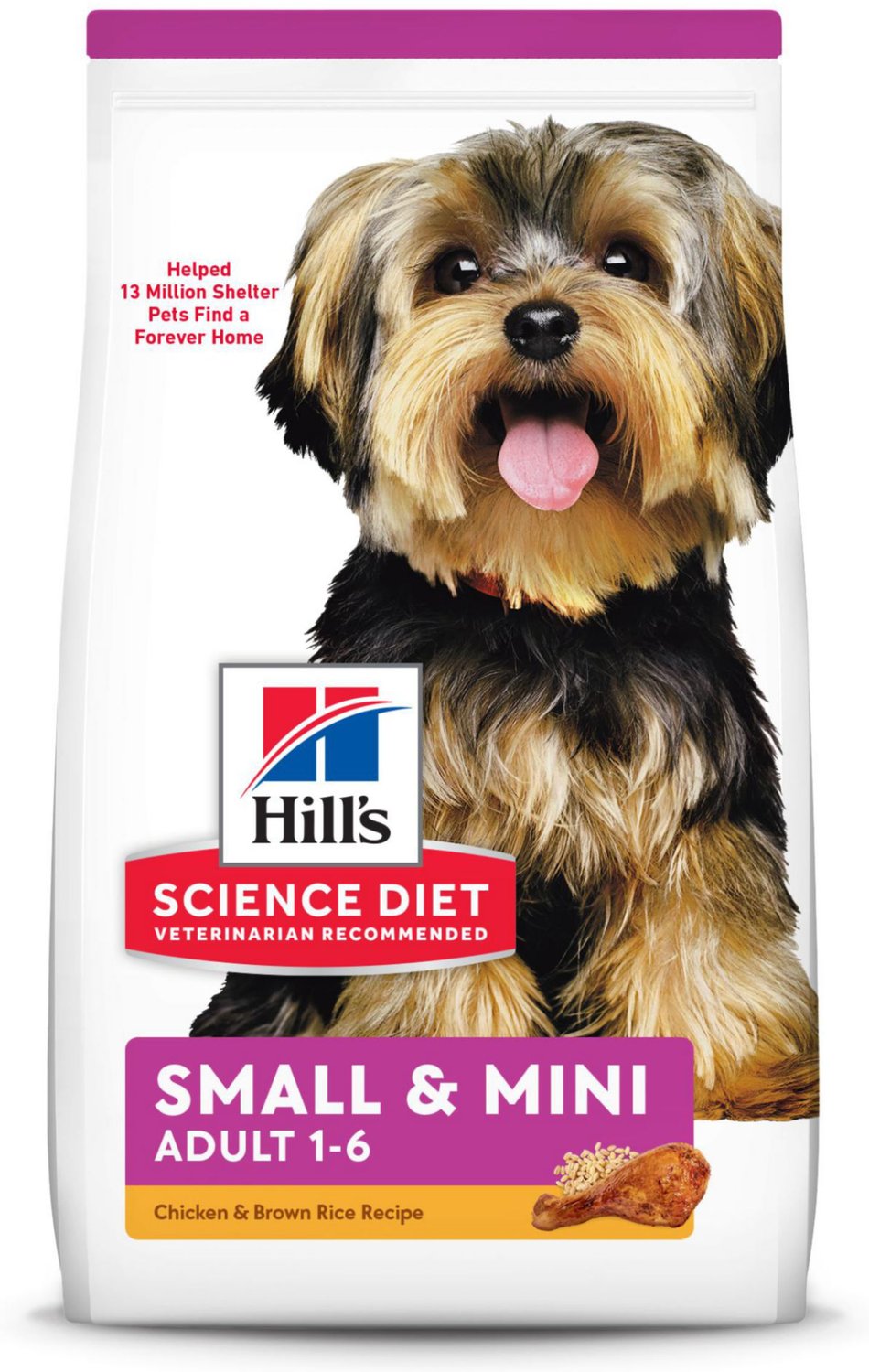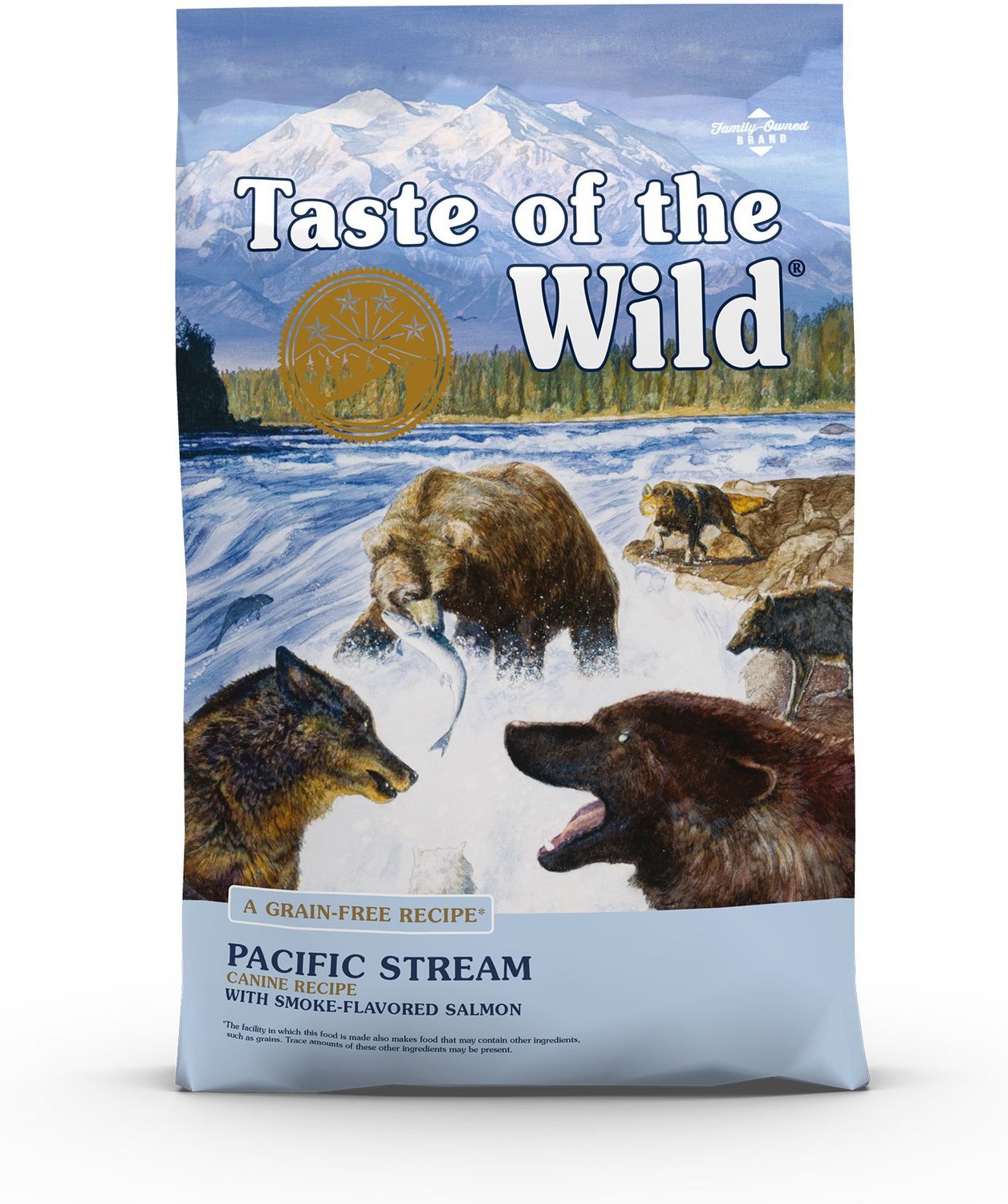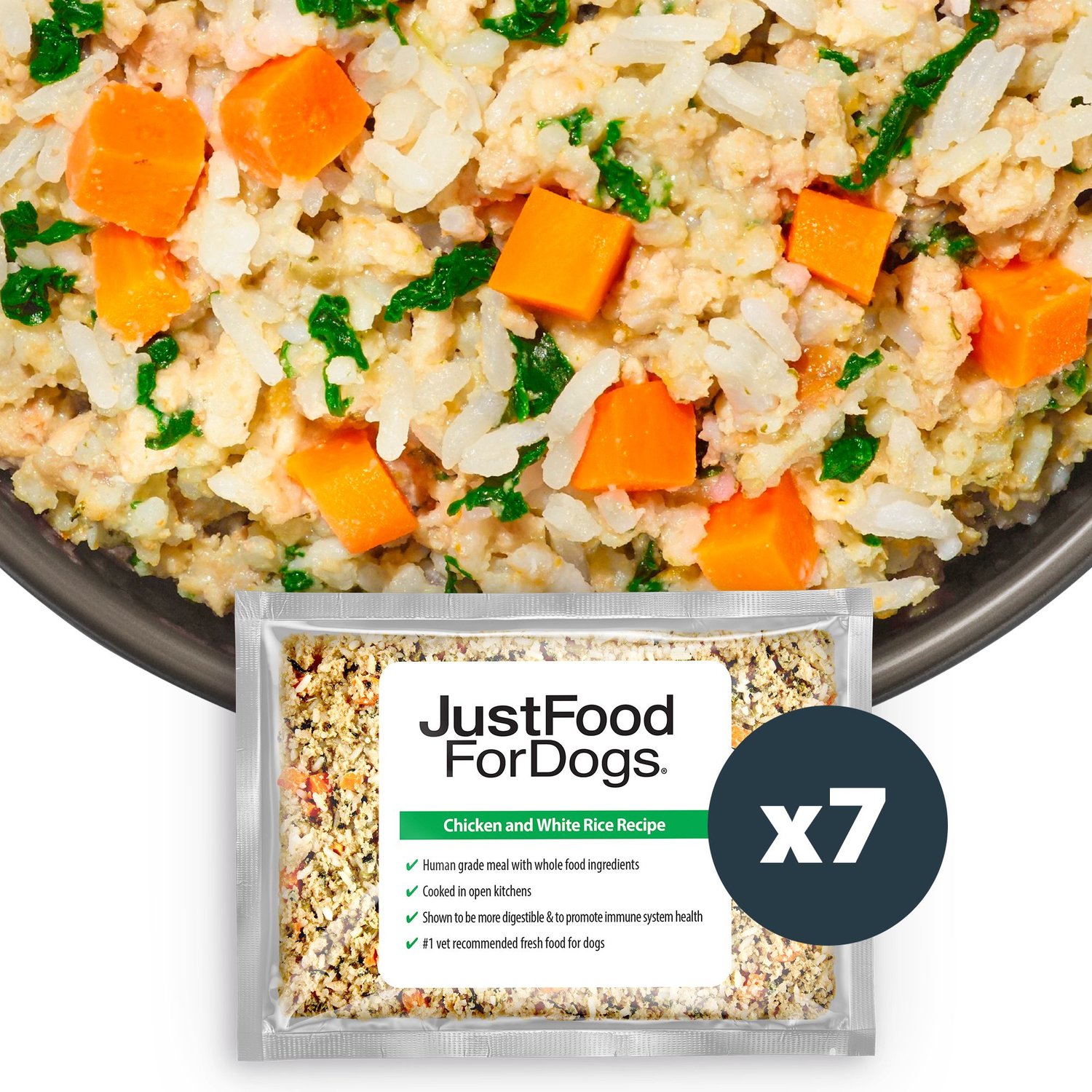Sesame seeds are sprinkled on top of many popular dishes. You can add these seeds to everything from sushi to bagels, as they offer a delicious nutty flavor that many people cannot resist. If you are one of many sesame seed fans, you may be tempted to offer your dog a bite of your sesame covered snack. Though sesame seeds are not considered poisonous for dogs, are they safe for dogs to eat?
To make sure you only offer your pup safe snacks moving forward, let’s answer your sesame seed questions below!
What Are Sesame Seeds Anyways?
Sesame seeds come from the sesame flower that is native to areas throughout Africa and India. Sesame flowers can now be found in regions throughout the world, which has led to the creation of a variety of sesame seed products. Whether you are looking for sesame seeds themselves or sesame spreads, you can likely find them in a store near you.
Sesame seeds are often found in either their white or black form, but there are no major differences in the inner seed themselves. Black sesame seeds typically have a tougher outer shell than white sesame seeds, so the main difference is the potential need to soak them in water before adding them to your meal. However, not everyone does this.
Are Sesame Seeds Toxic to Dogs?
If your dog gets their paws on a small amount of sesame seeds, you do not have to worry. Sesame seeds are neither toxic or poisonous to our canine friends, so there should be no major health threats if they eat a few seeds in moderation. Though eating a large serving of sesame seeds could certainly upset your dog’s stomach due to their high fiber and fat content, there is no toxic effect to these seeds.
- Smaller kibble bites are easier to consume and digest
- Omega-6 fatty acids are a good choice for longer coats
- Includes antioxidants, as well as vitamins C and E for a robust immune system
Can Dogs Eat Sesame Seeds Safely?
Sesame seeds may not be toxic to dogs, but there are still a few safety guidelines you should follow when offering them to your pup. Sesame seeds of any form typically have a high fiber and fat content, so eating a large serving of these seeds could lead to an upset stomach. Thankfully, due to how small these seeds are, your dog is unlikely to ever eat enough to cause gastrointestinal (GI) upset.
Sesame seeds may add a bit of extra flare to our meals, but most dogs would not dive into a jar of sesame seeds and eat an excessive amount. It would likely take at least a tablespoon of sesame seeds to cause any diarrhea or vomiting for your pup, so most dogs will have no issue with the standard serving on a human food snack.
When discussing the safety of sesame seeds for dogs, you should also consider the food in which the sesame seeds are sprinkled on. Most of us are not eating these seeds on their own, so you will need to be sure that the other food contents involved are just as safe for your pup.
The Potential Dangers of Sesame Seeds for Dogs
As we’ve discussed above, there can be a couple health complications if your dog eats a large serving of sesame seeds. Sesame seeds are a wonderful source of energy for people due to their high fat content, but this can lead to a serious case of GI upset for the canine friends in our life. Sesame seeds may not be as bad for a dog as butter is, but eating these seeds in excess can still increase the risk of developing a condition known as pancreatitis.
Pancreatitis is a health complication that can occur when a dog eats food that is high in fat. This can be challenging for the dog’s body to digest properly, which in turn leads to inflammation of the dog’s pancreas. The pancreas assists in the standard digestive process, so when the organ is inflamed, digestive fluids can begin to seep out of the organ itself. This causes the leaking digestive fluids to not only irritate and digest the pancreas, but it can do this to the surrounding organs as well. Not only is this process incredibly painful for dogs, but it can be fatal when left untreated.
Even if a dog does not develop pancreatitis from eating a large amount of sesame seeds, they can still develop gastrointestinal irritation from the high fat content. These pups may suffer from diarrhea, vomiting, lethargy, abdominal pain, and many other uncomfortable GI symptoms as a result of eating these tiny seeds.
And last, there are some concerns that our dogs may not be able to digest sesame seeds due to their tough exterior. This is unlikely to be an issue when they eat a small amount of the seeds sprinkled on top of food, but it could be irritating to their digestive tract if they eat the seeds in excess. There is not much concrete evidence to support this concern, but it is still best to just avoid all the risks on the table and limit their sesame seed intake.
•Nutritional, high protein food for large breed dogs
•Real protein as #1 ingredient
•Fruits & superfoods for vitamins & minerals
•Antioxidants, omega fatty acids, prebiotics
Are There Any Benefits of Sesame Seeds for Dogs?
Many people not only add sesame seeds to their meals for the flavor, but also for the beneficial nutrients they offer. Sesame seeds contain iron, calcium, manganese, and Vitamin E, in addition to being a great source of fiber. So does this means they are a beneficial supplement to our dog’s diet as well?
Though sesame seeds pack a big nutritional punch, our dogs already get all the nutrients they need from their approved dog food. A high quality canine diet is formulated with each of the ingredients our dog’s need to thrive, so they do not need to rely on any dietary supplements to maintain their overall health. In addition to this, sesame seeds would need to be a staple part of your diet to receive any true benefit from their nutrients. Sesame seeds are only safe for dogs to eat in small servings on occasion, so this would not offer them any value at the end of the day.
If you need any help with finding a high quality diet that supports your canine friend, you can always take a look at our guide on finding the best dog food here!
Can Dogs Eat Sesame Seed Oil?
Now that you know that sesame seeds are not toxic or dangerous to dogs in small amounts, you may wonder if sesame seed oil is safe for them to consume as well. Though the sesame seed content of the oil is perfectly safe, the oil component is not. Cooking oils of any kind contain far too much fat for our dogs to consume safely, and sesame seed oil is no exception. If you want to give your dog sesame seeds of any kind, make sure you are not choosing sesame seed oil.
Can Dogs Eat Sesame Seed Butter?
Sesame seed butter, or tahini, is a delicious spread found in homes around the globe. We know now that sesame seeds are not poisonous to dogs, so can they enjoy the nutty flavors of tahini as well? The answer to this question is both yes and no.
Similar to spreads like peanut butter, our canine friends can eat tahini in small amounts, but you should still be careful about the high fat content. We don’t suggest making peanut butter a staple point in your dog’s diet, so we wouldn’t suggest doing it with sesame seed butter either. A small amount of sesame seed butter on your finger is perfectly safe, but we do not suggest giving them any more than that.
•Frozen, preportioned meals
•Wholesome, fresh ingredients
•Various protein & carbohydrate options
•Vet recommended
My Dog Ate a Large Amount of Sesame Seeds. What Should I Do?
Due to the high fiber and fat content in sesame seeds, eating too many of them can lead to GI complications like diarrhea and vomiting. Some dogs will even develop a serious condition known an pancreatitis, and this typically requires aggressive veterinary care to help them recover. Due to the risks associated with large servings of sesame seeds in dogs, we always suggest at least giving your vet a call in these situations. No matter the form of the sesame seeds they consumed, they always run the risk of getting sick if they eat too many.
By giving your vet a call and explaining the situation, they can let you know whether or not they suggest bringing your dog in for assessment. The risks can vary based on the form of seed your dog consumed and how much your dog weighs, so they can offer appropriate guidance based on your specific situation. They may suggest everything from monitoring them at home to brining them in for a safe vomiting induction, so it’s best to give your veterinary team a call and go from there!
Final Thoughts
Sesame seeds are non-toxic to our canine companions, but you should always follow a few safety guidelines when offering them a taste. After reviewing the information we discussed above, you can be certain that you are promoting safe snacking in your pup moving forward!
Up Next
- Can Dogs Eat Spinach Safely?
- Can Dogs Eat Figs? Do’s and Dont’s
- Can Dogs Eat Quinoa Safely? It Depends
The post Can Dogs Eat Sesame Seeds? Read This First appeared first on AZ Animals.
from Animal News, Facts, Rankings, and More! - AZ Animals https://ift.tt/l4aIidq


